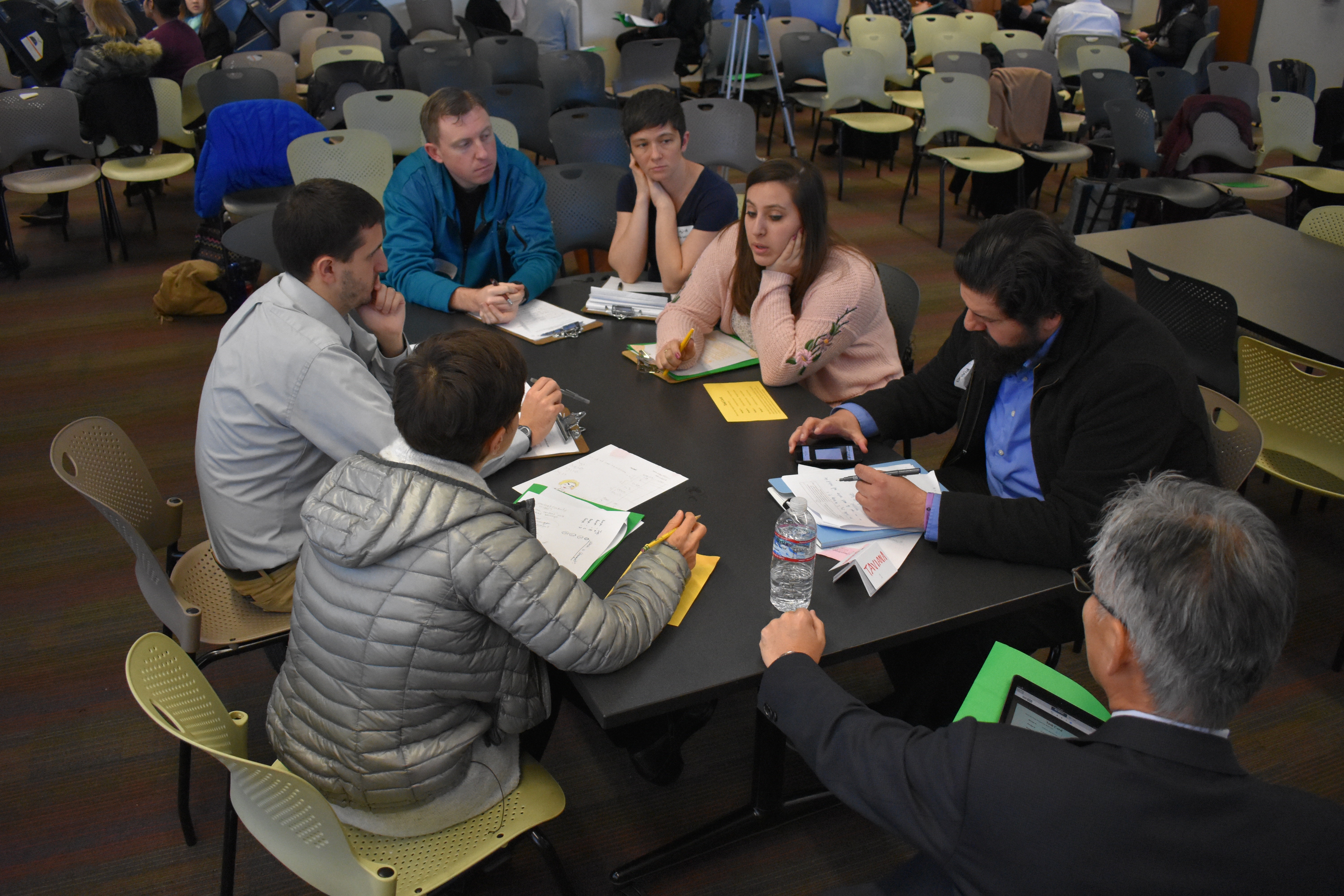A
Identify Your Long-Term Goals
The Building Blocks of Your Theme
A research theme expresses the long-term goals of your work. If your team or school has already developed a research theme, revisit it now to refresh your memory about your long-term goals and ideas about how to get there.
If your team has not yet developed a research theme, begin by thinking about your long-term goals. To spark your thinking, you may want to have a copy of your school or district vision statement nearby. If you plan to focus on a specific content area (e.g., mathematics, civics), documents that spark your thinking about long-term goals of these disciplines will also be useful.
Begin by having team members individually jot down qualities in response to the following prompt:
- Ideally, what qualities do we hope students will have when they graduate from our school? ( If we bumped into our students in 5-10 years, what qualities do we hope they would have?)
Now, again working individually, spend a few minutes jotting down a list of qualities in response to a second prompt:
- What are the current qualities of our students? (For example, what qualities of our students inspire us? Anything that concerns us?)
Again, share your individual lists and write all the qualities on a second list labeled “Current.”
Compare the two lists–ideal and current–and notice gaps that really speak to you as educators. Find one or two gaps where you would like to invest your time and energy.
Your research theme positively states the qualities you will work toward. Some examples follow.
- “For students to value friendship, develop their own perspectives and ways of thinking, and enjoy science.”
- “Develop social-emotional skills and…a deeper understanding of mathematics”
- “Across both math and language arts, develop our students’ abilities to use evidence and reasoning to support and critique arguments.”
- “…to take responsibility and initiative as learners.”
- “…to take responsibility and initiative as learners.”
The research theme helps a Lesson Study team keep in mind its long-term goals. As U.S. educator Cindy Ann Black says,
A lot of [U.S.] schools develop mission statements, but we don’t do anything with them. The mission statements get put in a drawer and then teachers become cynical…Lesson Study gives guts to a mission statement, makes it real, and brings it to life.
B
Develop a Theory of Action
Moving from the What to the How
The second part of your research theme is a “theory of action”—how you will work toward your long-term goals and the specific research questions you will examine. What experiences in school help students move toward a goal such as “students have their own thoughts and can explain them logically?” Teachers addressing this research theme focused their initial theory of action on two classroom routines: students’ presentation of ideas at the board and their use of reflective journals. They actively tested strategies to improve these two classroom routines and posed questions about them. For example, they asked what the features are of effective student presentations and how teachers help students see the power of these strategies (such as using visual models). In order to strengthen the impact of reflective mathematics journals, teachers strategically selected several student journals from the prior day to be read aloud at the beginning of each mathematics lesson, which built students’ interest in each other’s ideas and helped them see the impact of well-explained ideas.
Take a few minutes to discuss your theory of action–your ideas about how to achieve your research theme. Where do you want to start? Is there a challenging element of classroom practice, such as questioning, discussion, etc., that would benefit from collaborative inquiry and move you toward achieving your long-term vision for students? Is there an element of classroom instruction crucial to your long-term vision for which team members would like to update their knowledge?


